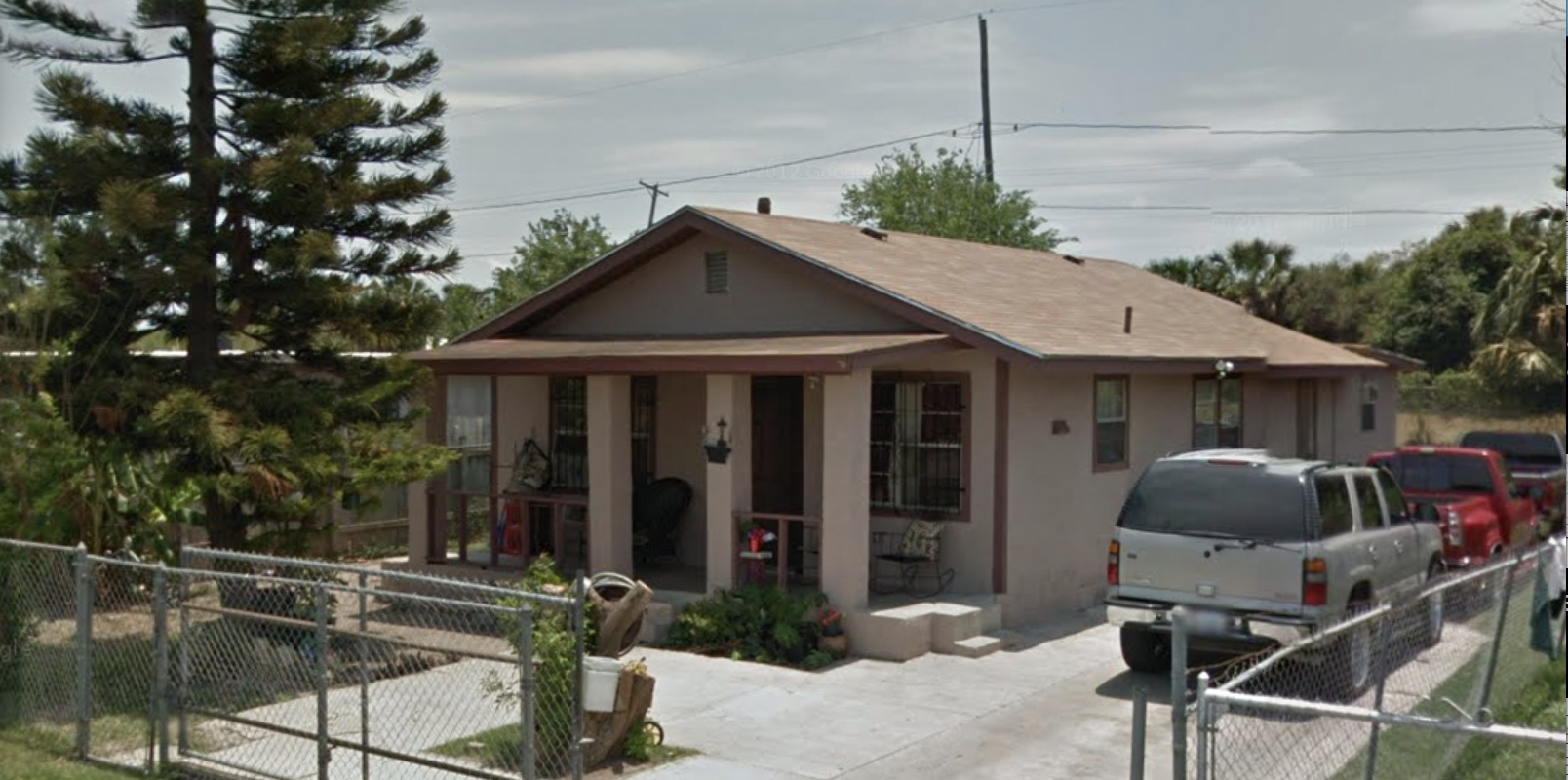
In our latest post, we offer information regarding tax planning for investment real estate in Rio Grande Valley! By doing some planning now, you’ll be all set when it’s time to file your 2019 taxes! Before making any financial decisions, be sure to get the advice of your CPA, financial planner, or lawyer!
Tax planning is a fundamental element of being a great investor. Below, we offer some tips, however, there are many ways you can strategize to keep the most amount of money in your pocket as possible. Remember, it is important to always treat your investments as a business, carefully planning a tax strategy that works for you. By planning ahead now, you will be able to lower your tax bill, while being able to see your money grow in other real estate ventures. A great tax plan is imperative to reaching your goals.
Missed Deductions
One of the most frustrating things can be to find out you have missed deductions that were readily available for you to claim. As a landlord or investment property owner, there are a number of deductions you will be able to take. All of your property management costs, insurance, operating expenses, repairs, and contractor costs are deductible. You can also deduct your interest, home office expenses, business travel costs, car rentals, education expenses, marketing costs, memberships, and more. Make sure you are keeping separate bank account for your investments vs. your personal accounts. You will need to be able to track all of your business-related expenses correctly.
Depreciation Planning
No longer do investors have to take depreciation over a number of years. If you are buying appliances for your properties, furniture, or other assets for your business, you may be able to write-off 100% of the expense immediately. This is perfect for those about to renovate or redo the interior or exterior of a house. If you have some big projects ahead of you, your depreciation expenses can add up to thousands.
Plan For The Future
By planning ahead for your retirement, you’ll be able to reduce your overall tax bill. In some cases, investors can contribute up to several thousand dollars to tax-deferred real estate assets. Deferring this money year after year will help you to build your 401k, giving you at least one stream of income for your retirement. Other options include things like a simplified employee pension can allow people to contribute up to $56,000 in 2019.
Pass-Through Deductions
The new tax laws have been good to investors. With the new plan, investors are able to collect 20% tax-free, lowering their overall tax burden.
This deduction is also available to owners of short-term rental properties as long as you are seen as a business by the IRS and it isn’t just a hobby. This is great news for people who are interested in using Air BnB or VRBO to rent out their properties.
1031-Exchange
A 1031 exchange allows you to defer the depreciation recapture and capital gains tax as long as you reinvest the profits into a “like-kind property.” This is the perfect strategy when you plan on reinvesting your proceeds into other real estate ventures. The term “like-kind” can refer to a wide array of real estate investment choices. The term refers to the character of the asset, not the quality. Any property, whether residential, multi-family, or commercial would apply.
Pay Yourself
As an investor, it’s important that you pay yourself a reasonable salary. A salary too low can lead to audits, penalties, and interest. If you pay yourself too much, you could end up paying too much in taxes. You will need to find the sweet spot, paying yourself a set amount on a set time frame. This will help to keep you accountable and help you from comingling expenses out of necessity. Co-mingling personal and business accounts can increase your liability should someone seek litigation against you for any reason.
Losses
Of course you don’t want to see any loss from your real estate investments, however, it will happen on occasion. The good news is that these losses can be deducted from your overall tax liability. That said, there is a $3,000 limitation on how much you are able to claim.
Tax planning for investment real estate in Rio Grande Valley goes much further than the tips outlined here. For a proper tax plan and assessment of your situation, be sure to speak with your CPA! A great tax accountant will save you much more than the cost of their service. Tax laws are always changing and by working with a professional, you’ll be sure you aren’t losing money or at a place where you need to alter your strategy. Your specific tax plan will vary based on how your company is structured and the types of investments you are making.
